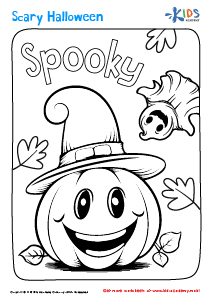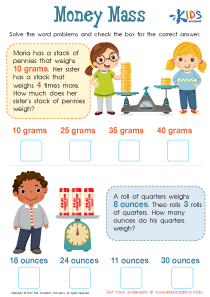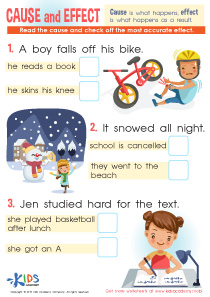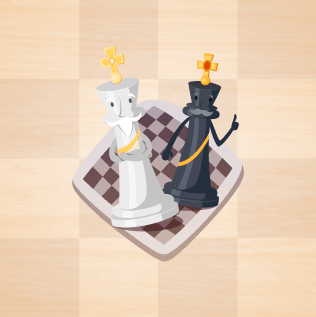Chess Lessons | Chess Basics, Grade 2
6 results
Introducing our Chess Basics Lessons, specially designed for children in Grade 2 who are eager to learn the fundamentals of the game. These comprehensive lessons are packed with interactive worksheets, educational videos, and assessment quizzes to make learning fun and engaging. With our Chess Basics Lessons, children will develop a deep understanding of the game's basic rules, principles, and strategies, providing a solid foundation for their future chess endeavors. Our lessons are expertly crafted to promote critical thinking, problem-solving, and decision-making skills that extend beyond the chessboard and into everyday life. In short, our Chess Basics Lessons are the perfect way for Grade 2 children to embark on their exciting chess journey!
Chess is more than just a board game; it is a great tool for children to enhance their cognitive development and academic skills. Chess Basics Lessons for children in Grade 2 provide a great opportunity for kids to learn and practice this game.
Chess Basics Lessons include interactive worksheets and educational videos that cover the basics of playing chess, including the rules, strategies, and tactics. With these lessons, children can develop problem-solving and critical thinking skills necessary for success in school.
The lessons also teach kids how to recognize patterns, think ahead and make informed decisions. These analytical processes can help children in several areas of their lives, including academics.
In math, students must recognize patterns, organize data, and think critically while solving problems. Chess does the same, as players must identify patterns, plan attacks, and consider various possibilities. By learning chess, students can apply these skills to math, enabling them to confront algebraic equations, try imaginative problem-solving methods, and embrace more significant mathematical challenges.
Additionally, chess teaches children to avoid impulsive behavior and promote planning, forethought and patience, which are valuable skills to have in all academic areas.
Beyond math, chess can help improve a child’s language and reading comprehension. Players must learn and understand the various game terminologies and rules. This increases their vocabulary, grammar and communication skills, which can, in turn, help them in writing and verbal communication in their schoolwork.
Chess Basics Lessons can also develop social skills as the game can be played one-on-one or in groups, depending on preferences. Playing chess can often require communication and collaboration skills when playing in a team or making decisions under group discussion.
Finally, Chess Basics Lessons can help enhance a child's creative skills. Chess has been recognized for centuries as an art form and a way to express oneself creatively. Children exposed to this game learn how to think beyond the rules and express themselves in unique ways. This creative thinking can be applied to other activities, including arts and crafts, writing, and music.
In summary, Chess Basics Lessons for children in Grade 2 have several benefits in their academic pursuits and social lives. These lessons can help enhance critical thinking, problem-solving, math, reading, creativity and social skills. Star tutors' interactive worksheets and educational videos create an engaging learning experience that caters to everyone's needs. Therefore parents and guardians are encouraged to register their children for Chess Basics Lessons.
















